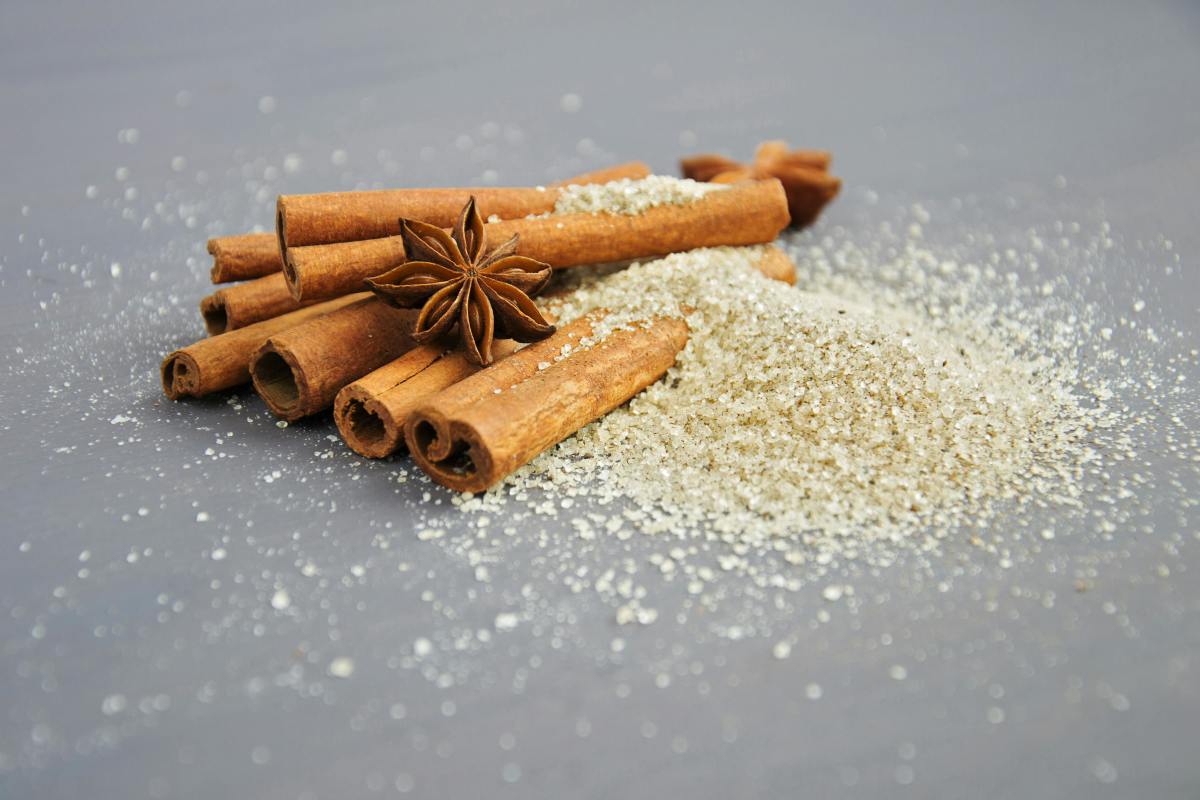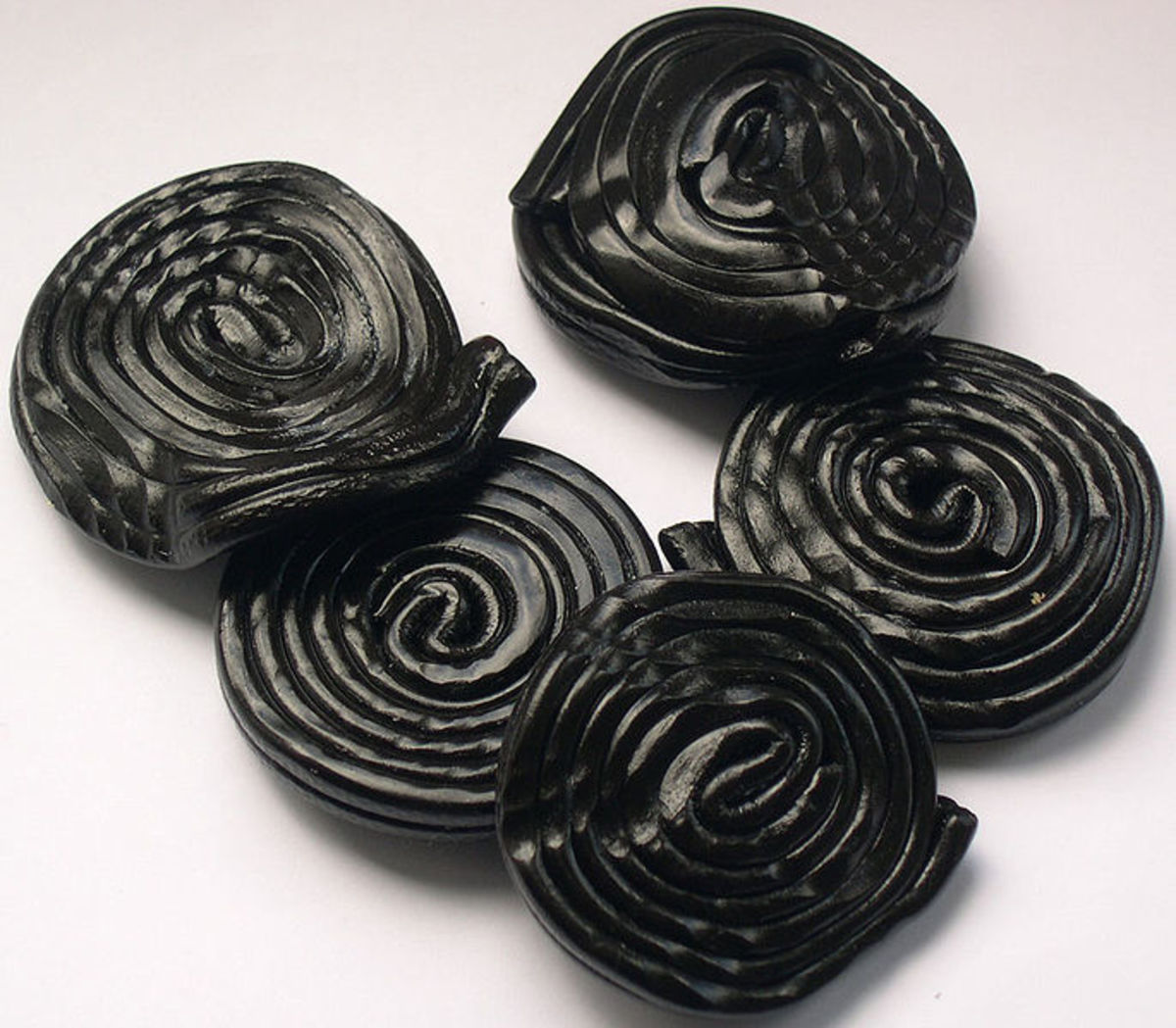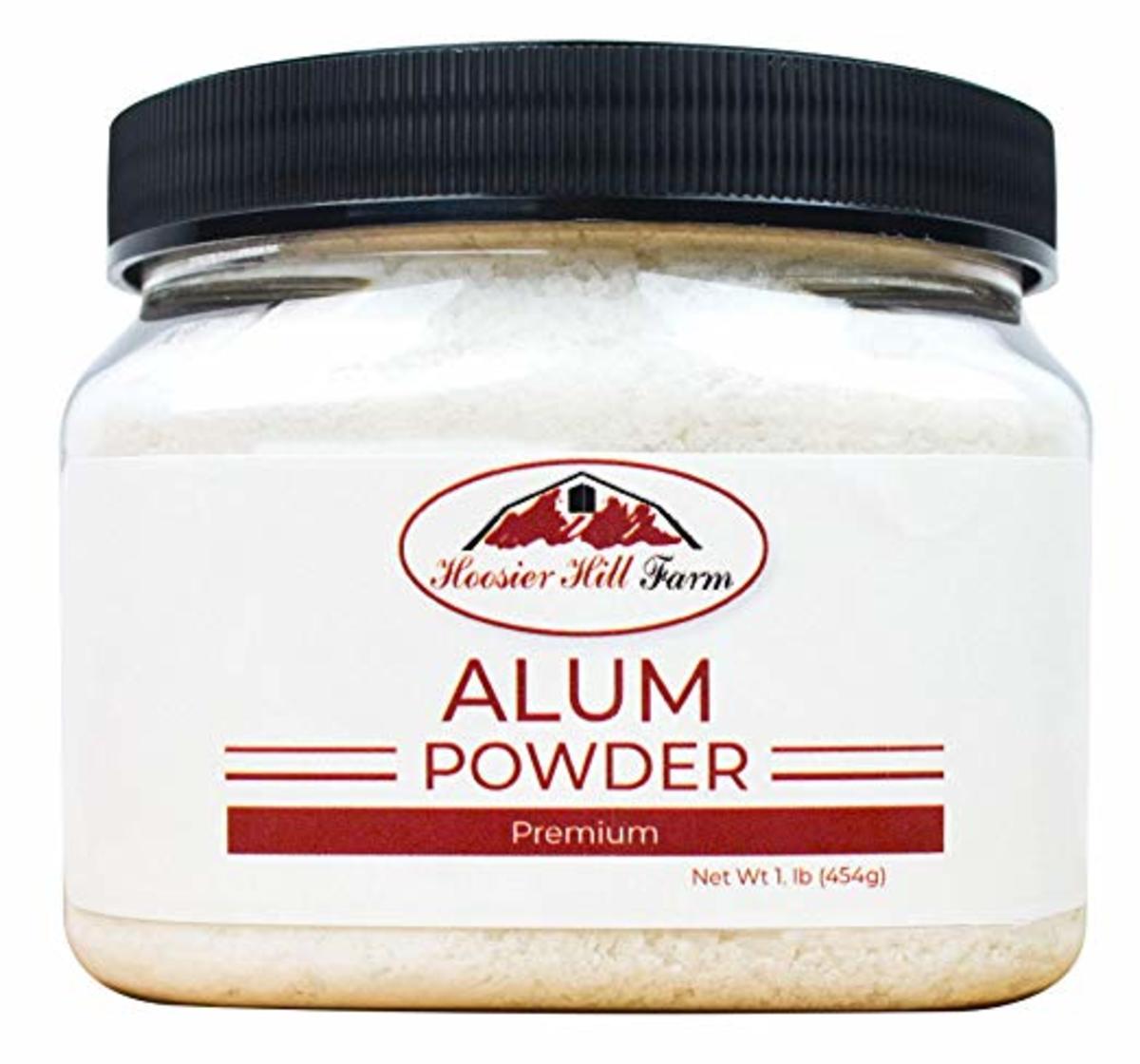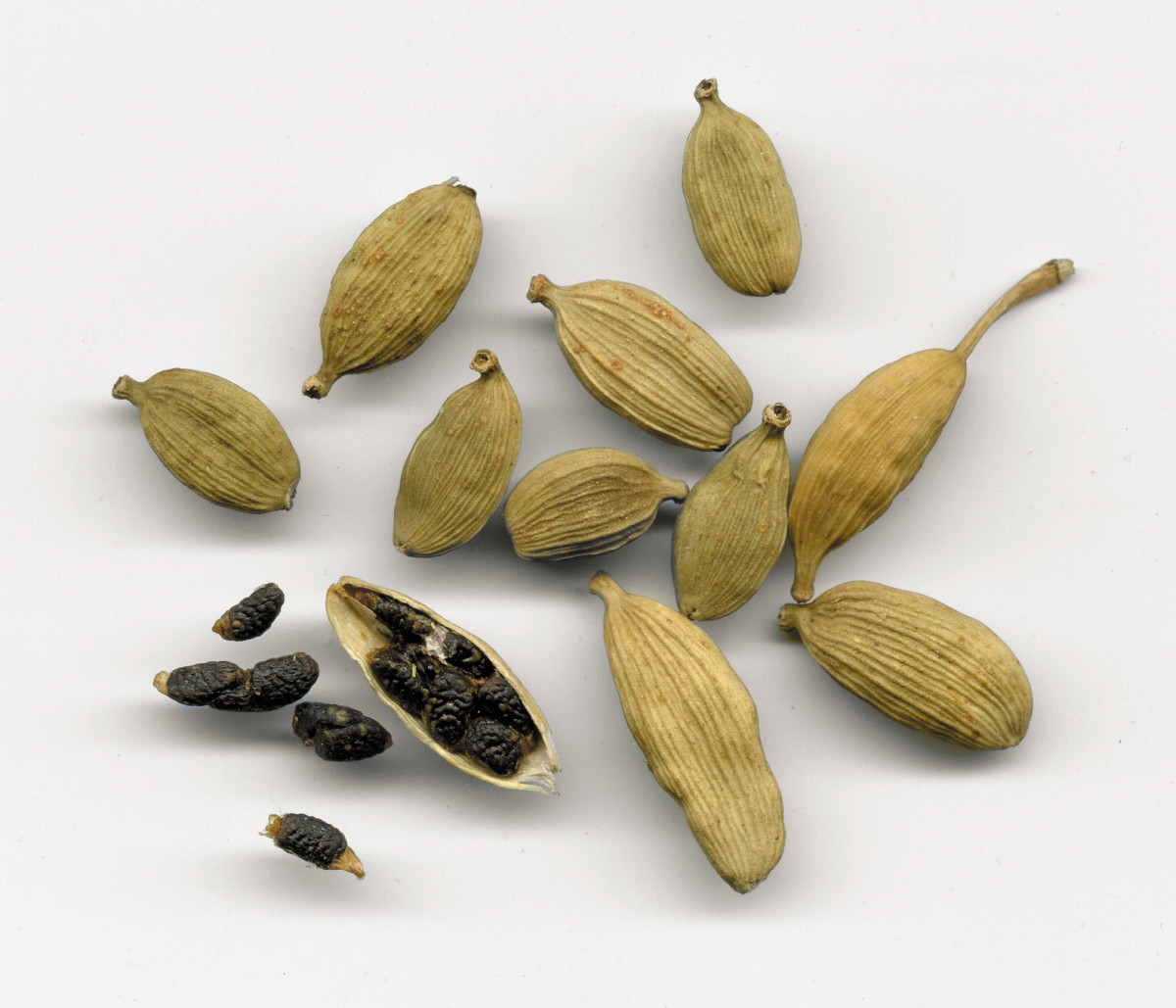- HubPages»
- Health»
- Alternative & Natural Medicine»
- Herbal Remedies
Licorice – Health Benefits of Liquorice Root
Liquorice
Not to be confused with the candy made from licorice, health benefits of liquorice root are numerous.
Spelt Liquorice in the UK and Licorice in USA, I use both here, not to confuse.
The liquorice plant is native to Central Asia and southern Europe. Its name is derived from the Latin 'Liquiritia officinalis' and from Greek, meaning 'sweet root' which is apt, as it is supposedly 50 times sweeter than sugar itself.
Liquorice plays a huge part in Chinese medicine, and has been for over 5,000 years. It is the most prescribed Herb in China, apart from ginseng.
Healthy Root
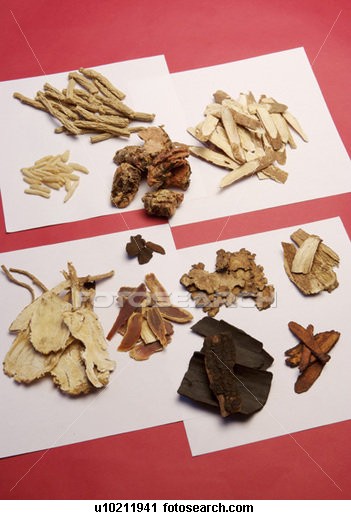
Liquorice Root
Among its many properties are; Glycyrrhizin, (the most beneficial of its components,) phytoestrogens (plant oestrogens) flavonoids (antioxidants) magnesium, silicon and thiamine.
Licorice root is an efficient expectorant, helping to loosen and eject mucus and phlegm. It is also an anti-inflammatory, and helpful in soothing problems in the mouth and throat, as well as the digestive and urinary tracts.
Licorice has been used to treat all kinds of problems, including food poisoning, stomach and liver complaints, bronchitis, allergies. Acid reflux, eczema and psoriasis. Also asthma, athlete's foot, canker sores, depression, dandruff and fungal infections. Not to mention gingivitis and other gum disease, tooth decay, Lyme disease, psoriasis, shingles, TB, gout, enlarged prostate and arthritis. To name but a few!
Licorice root boosts interferon levels, thus helping the immune system. It is also a powerful anti-viral, combating as well as protecting from viruses. It has been used effectively in fighting herpes simplex virus, which causes herpes and cold sores.
In Europe it is used regularly to combat viral hepatitis. In intravenous form, it is used to treat hepatitis B and C. Of course this would only be done by a professional physician.
Yeast infections, funghi and bacteria, are also treated effectively with this root.
Ulcers of the digestive tract and stomach are also treated by licorice root, as it stimulates cell growth in the linings, increases the flow of blood to the tissues, and decreases muscles spasm.
PMS and menopause problems are often helped by licorice root, too as the phyoestogens it contains, act in a similar way to oestrogen.
Licorice root has earned a reputation as an excellent tonic for the liver, as well as being called a harmonising herb, as when mixed with other herbs, it will enhance their benefits, making them more efficient, while at the same time adding sweetness to the often bitter taste of medicinal herbs.
The antioxidant properties of this root help in protecting against cancer.
You can buy extracts in your health food store, which are available with or without glycyrrhizin. With this component, would mainly be used in respiratory infections. Without, used mostly for ulcers and digestive complaints. As well as extracts you can buy capsules, and powdered root preparations for infusions.
Licorice can be taken in many forms. The root itself can be chewed, or crushed in boiling water as an infusion. This infusion when cooled, can be used as a gargle, for sore throats or canker sores, (warm rather than cold) Licorice gel, topically applied, soothes itching, swelling and redness of skin.
Crushed licorice root, mixed with peppermint and chamomile, makes a good remedy for indigestion, and also acid reflux.
Side-effects of liquorice, particularly if overused, have been noted. These include headaches, high blood pressure, water retention, fatigue, and possible heart problems.
However if used sensibly (three or four times a day, and for no more than three weeks at the time) you should find no problems.
If after a few weeks the licorice root hasn't helped a problem, it's time to see a doctor. Also if any of these side effects appear.
Anyone who already has any of these problems, should not take licorice:
Fluid retention, high blood pressure, diabetes, liver or kidney disease, heart problems.
Pregnant or nursing mothers should not use licorice.
Licorice can react badly with certain medications, such as:
digoxin, corticosteroids, laxatives, oral contraceptives, insulin or diabetes drugs, and MAO inhibitors.
If unsure, please consult a professional.
The benefits of licorice root far outweigh any problems that may have been noted. It is definitely one of nature's most powerful natural remedies.





